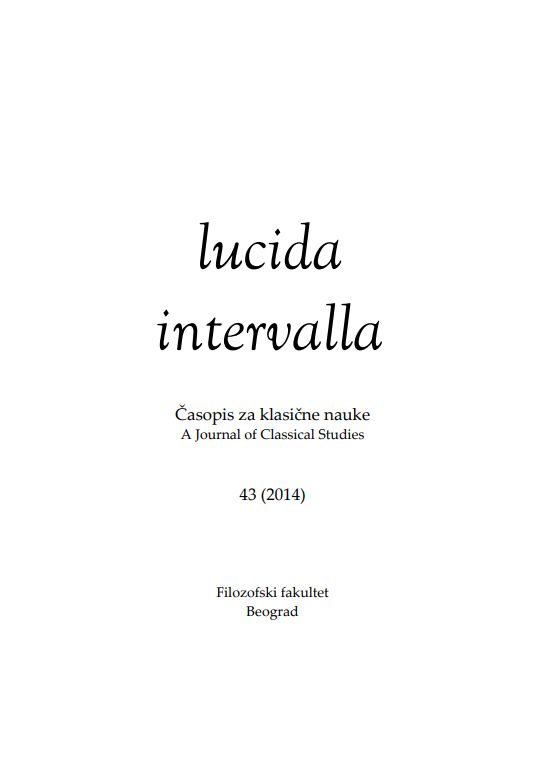Мора ли драгоцен бити и скупоцен?
Is dragocen necessarily skupocen? On designations for ‘pretious’ in the Serbian language
Author(s): Jasna Vlajić-PopovićSubject(s): Language and Literature Studies, Serbian Literature, South Slavic Languages
Published by: Филозофски факултет, Универзитет у Београду
Keywords: Serbian language; compound; calque; semantic development; mnogocen; dragocen; skupocen
Summary/Abstract: In view of the topics profеssor Ljiljana Crepajac used to cover during her lectures on Greek historical grammar, the author examines the origin, word-fomation and semantic development of a synonymous pair of compound adjectives in modern Serbian, dragocen and skupocen ‘pretious’ (dating from 16th and 19th centuries respectively). They are analyzed with regard to yet another synonym of the same structure, the obsolete mnogocen dating from the 13th century Serbian-Slavic mnogocěnьnь, traceable to an Old Church Slavonic mnogocěnьnъ, itself a calque from Gk. πολύτιμος and/or πολυτελής. On the other hand, they can be explained as indigenous formations, dragocen being the first to originate from the qualitative adjective c(j)enan (< cěnьnъ) derived from c(ij)ena ‘price’. The semantic ambiguity of the noun (besides the neutral ‘price’, it developed not only the positive meaning ‘high price’ but also antonymous ‘low price, cheap price’) was transferred to the adjective which began to mean both ‘expensive, valuable’ and ‘cheap’. Hence the need arose for an enforcement of the adjectival meaning ‘valuable, pretious’ by yet another adjective: first it was drag ‘dear (in every respect)’ (hence dragocen) and when it fell out of use in the sense ‘expensive, pretious’, it was replaced by skup ‘expensive’ (hence skupocen).
Journal: Lucida intervalla
- Issue Year: 2014
- Issue No: 43
- Page Range: 207-215
- Page Count: 9
- Language: Serbian

